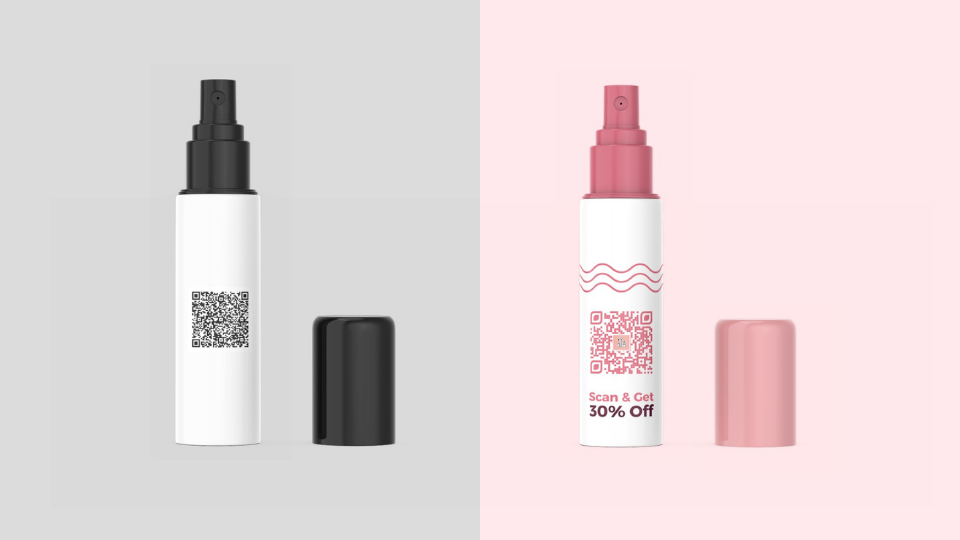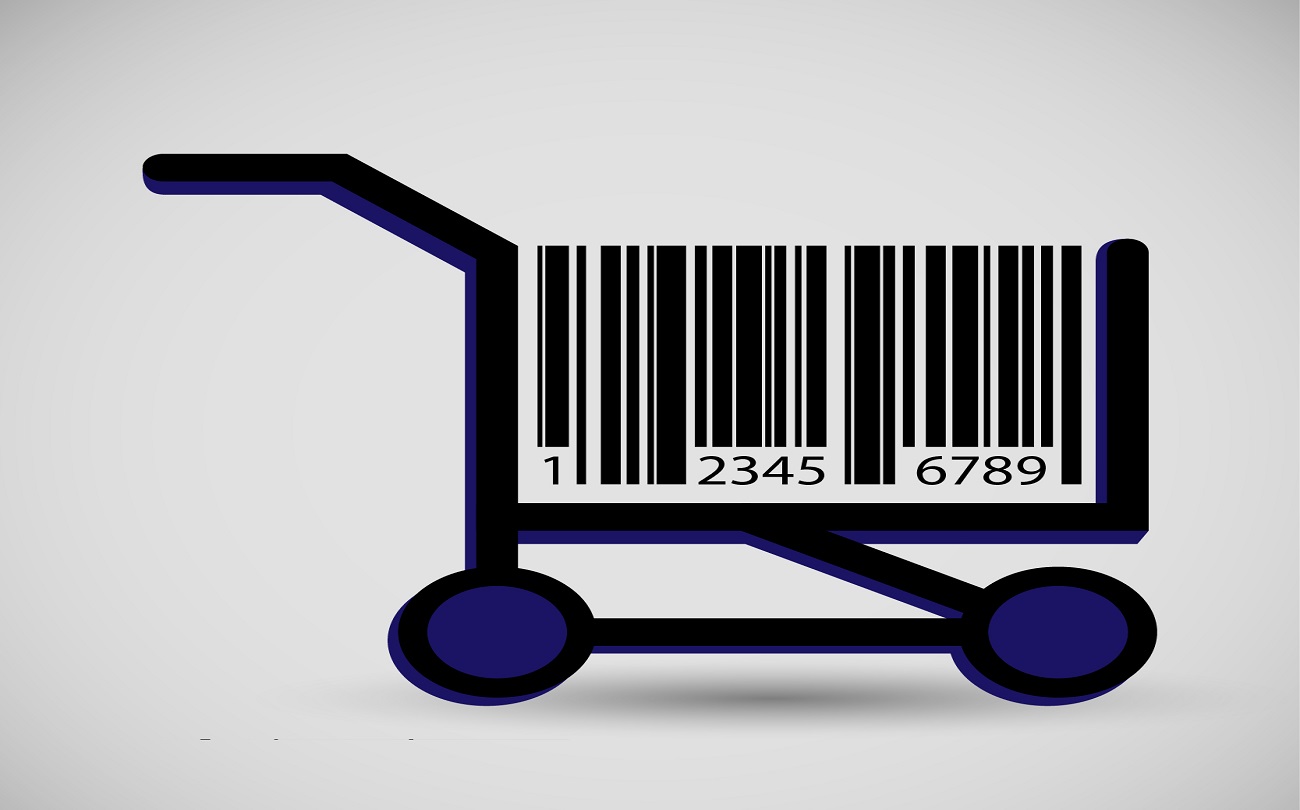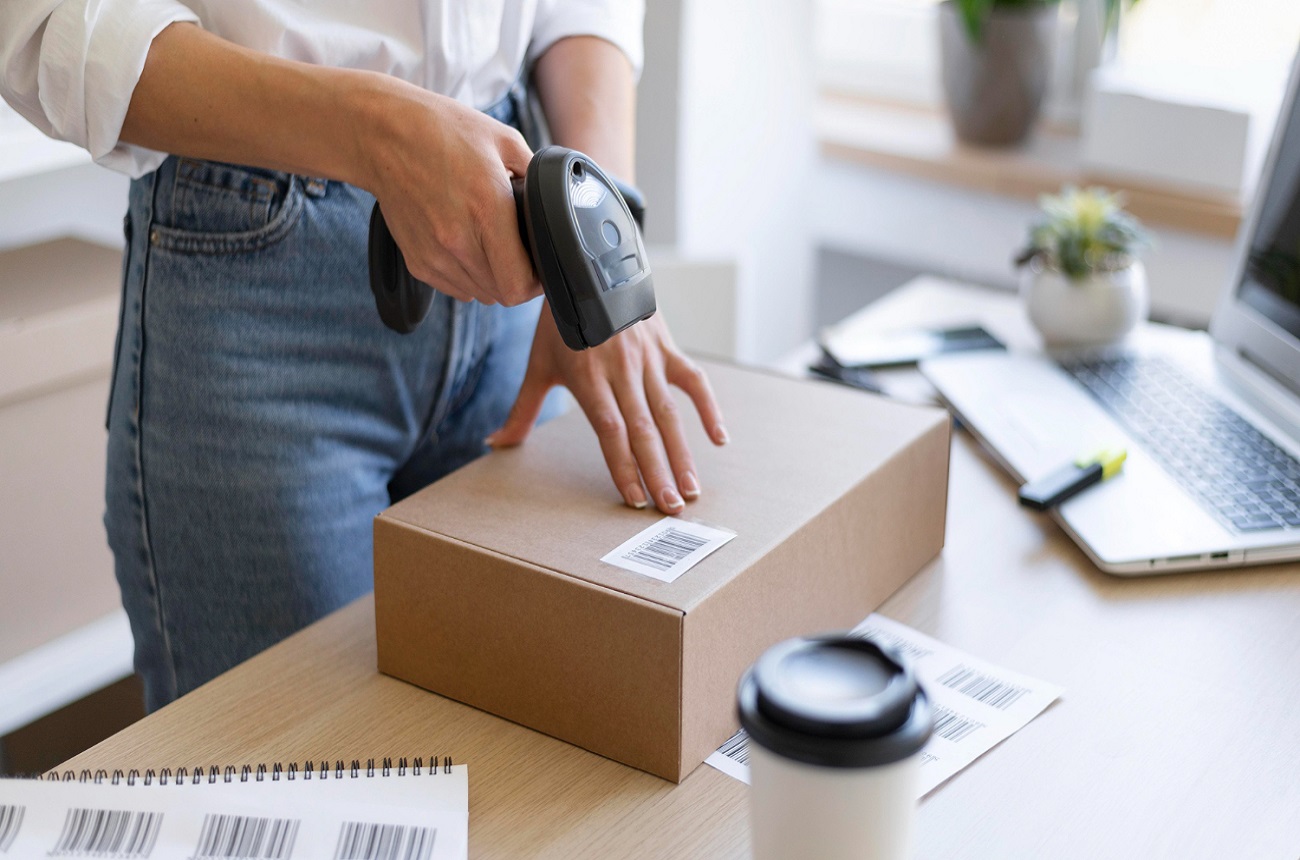Verify Your Email Address
Please ensure to verify your email for confirmation. We recommend checking your spam and trash folders as well.

In the dynamic world of cosmetics, private labeling has emerged as a lucrative avenue for entrepreneurs. However, amidst the excitement of branding and marketing, one crucial aspect often gets overlooked: barcodes. In this comprehensive guide, we delve into the significance of barcodes for private label cosmetics, shedding light on their importance and functionality.

At its core, a barcode is a visual representation of data that is encoded in a series of black and white lines. These unique patterns can be scanned by barcode readers, allowing for quick and accurate identification of products. Barcodes are widely used in various industries, including retail, manufacturing, and logistics, to streamline operations and improve efficiency.
Different types of barcodes exist, including UPC (Universal Product Code) and EAN (European Article Number) codes. Each type serves a specific purpose, from identifying products in retail stores to tracking inventory in warehouses.
Barcodes play a pivotal role in verifying the authenticity of private label cosmetics. By assigning a unique barcode to each product, manufacturers can distinguish their offerings from counterfeit goods, safeguarding their brand reputation.
One of the biggest challenges in retail is managing inventory effectively. Barcodes simplify this process by providing real-time visibility into stock levels and movement. With a barcode system in place, retailers can track products from the moment they arrive at the warehouse to the time they are sold to customers. This not only helps prevent stockouts and overstock situations but also enables better forecasting and planning.
For private label cosmetics to thrive in retail environments, seamless integration with existing systems is essential. Barcodes enable swift checkout processes, accurate pricing, and real-time inventory updates, thereby fostering positive customer experiences and driving sales.

Before incorporating barcodes into your private label cosmetics, obtaining unique barcode numbers is imperative. This typically involves registering with a barcode provider or obtaining a GS1 membership to ensure global recognition and compliance with industry standards.
Once you have acquired barcode numbers, adhering to labeling requirements is crucial. Ensure that barcodes are printed clearly and accurately on product packaging, maintaining sufficient contrast and size for optimal scanning.
Before launching your products into the market, thorough testing and validation of barcodes are essential. Verify that barcodes scan accurately across different scanning devices and environments to prevent potential disruptions in retail operations.
In order to sell products through retail channels, manufacturers must comply with certain requirements set by retailers. This often includes labeling products with barcodes that meet specific standards and formats. By adhering to these requirements, manufacturers can ensure their products are accepted by retailers and made available to consumers both online and offline.
How do barcodes enhance product traceability?
Barcodes enable precise tracking of products throughout the supply chain, facilitating traceability from manufacturing facilities to end consumers.
Can I reuse barcode numbers for different products?
No, each product should have a unique barcode number to ensure accurate identification and inventory management.
Are there any legal requirements for using barcodes?
While legal requirements may vary by region, it is advisable to comply with industry standards and regulations to avoid potential issues.
Do barcodes expire?
Barcodes themselves do not expire, but it is essential to maintain accurate product information associated with each barcode to prevent discrepancies.
Can I create my own barcodes?
While it is possible to generate barcodes using online tools, obtaining unique barcode numbers from a reputable provider is recommended for global recognition and compatibility.
How can I incorporate barcodes into my marketing strategy?
Barcodes can be leveraged in marketing campaigns through QR codes, enabling interactive experiences such as product demonstrations, promotions, and loyalty programs.
In conclusion, barcodes are indispensable tools for private label cosmetics, offering a multitude of benefits ranging from product authentication to streamlined operations. By understanding the significance of barcodes and implementing best practices, cosmetics entrepreneurs can optimize their business processes and enhance customer satisfaction.

High Quality, Low Price, No Minimum, One-stop Private Customized Cosmetics Shopping Website.
| Cookie | Duration | Description |
|---|---|---|
| cookielawinfo-checkbox-analytics | 11 months | This cookie is set by GDPR Cookie Consent plugin. The cookie is used to store the user consent for the cookies in the category "Analytics". |
| cookielawinfo-checkbox-functional | 11 months | The cookie is set by GDPR cookie consent to record the user consent for the cookies in the category "Functional". |
| cookielawinfo-checkbox-necessary | 11 months | This cookie is set by GDPR Cookie Consent plugin. The cookies is used to store the user consent for the cookies in the category "Necessary". |
| cookielawinfo-checkbox-others | 11 months | This cookie is set by GDPR Cookie Consent plugin. The cookie is used to store the user consent for the cookies in the category "Other. |
| cookielawinfo-checkbox-performance | 11 months | This cookie is set by GDPR Cookie Consent plugin. The cookie is used to store the user consent for the cookies in the category "Performance". |
| viewed_cookie_policy | 11 months | The cookie is set by the GDPR Cookie Consent plugin and is used to store whether or not user has consented to the use of cookies. It does not store any personal data. |
Please ensure to verify your email for confirmation. We recommend checking your spam and trash folders as well.